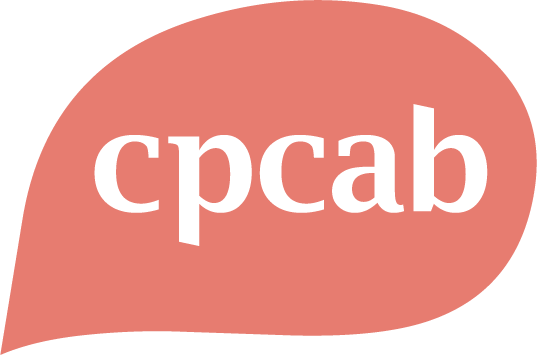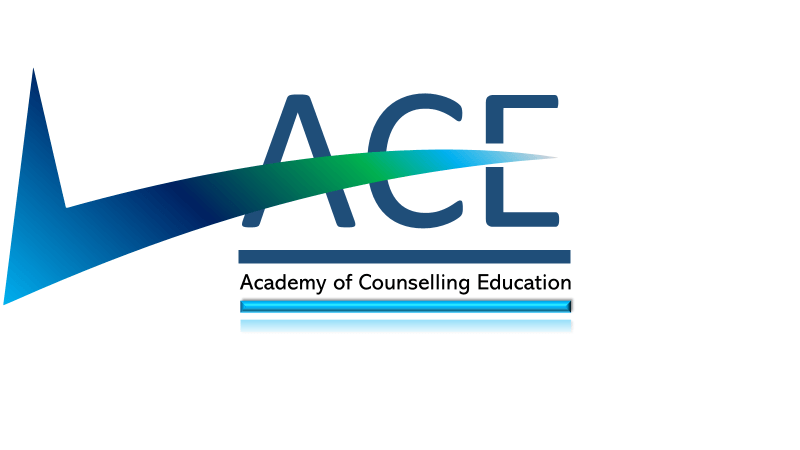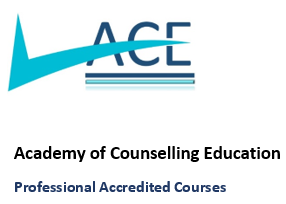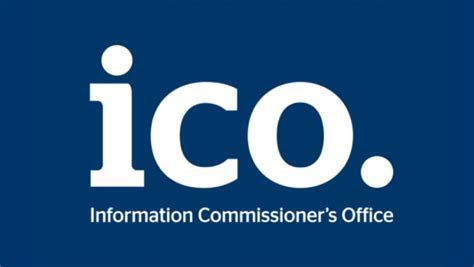About the Course - Start Date: September 2026 / Online / Fridays / Fortnightly / Monthly
List of Services
-
Course TitleList Item 1
Level 6 Certficate in Therapeutic Supervision (TCSU-L6)
33 Credit Value
-
Course FeesList Item 2
Total cost of the course: £2395.00 inclusive of £275.00 booking fee to secure your place followed by an initial payment of £425.00 part payment of the course at least 8 weeks before the start of the course followed by the remaining payment 4 weeks before the start of the course. (Refer to ACE Courses Policies)
-
Progression
Register as a Qualified Supervisor
with Ethical Counselling Frameworks
General Information: Level 6 Certificate in Therapeutic Supervision (TCSU-L6)

33 Credit Value
Guided by the BACP Supervision Competency Framework
Successful completion of the course leads to a nationally regulated qualification awarded by the Counselling and Psychotherapy Central Awarding Body (CPCAB) – the only nationally regulated awarding body to specialise in the field of counselling and supervision.
This qualification gives you the knowledge, skills and competencies to work as a therapeutic Supervisor.
The course work/assessments include creating a Portfolio consisting of achieving Learning Criteria over seven Learning Outcomes:
- Model and supervise the professional framework
- Model and supervise the skilled use of the relationship
- Model and supervise the use of theory and research on diversity
- Model and supervise a user-centred approach to the work
- Model and supervise the skilled use of the self
- Model and supervise the coherent use of theory, research and skills
- Model and supervise the self-reflective practitioner
To achieve successful achievement of the course assessment/work expectations include:
- Monthly Candidate Learning Reviews
- Supervisee record – 15 hours
- Supervisory supervision record – 5 hours
- Essays (2)
- Self-Review
- Case study presentations
- Tutor feedback reports on skills
- Group work – workplace simulations
- Peer Testimony
- Supervisor’s reports and logs
Teaching and learning activities
Each session is learner - led and reactivate to the needs of the whole class and include the following:
Skills practice and simulation in consultancy supervisory practice with individuals and small groups
Roles play simulation - individual and group supervision
Creative methods
Experiential learning
Tutor and peer observation and feedback on skills
Monthly self-reflections of supervisory skills
Training Group Supervision (TGS) with case presentations and ongoing evaluation and feedback on supervisory case work
Assignment planning and criteria workshops
Group tutorials, individual and peer work on planning assignments, research methods, presentation skills and use of resources.
Course Entry Requirements
Recommended Minimum Age 25 and obtained the following:
Level 5 is a recognised Counselling Qualification and at least one year post-qualifying experience of supervised client work
Alternatively, you must have completed a Level 4 Diploma in Counselling or its equivalent and have at least 198 months to two years post-qualifying experience of supervised client work.
Achieved approx 450 Client Hours
You must have both Supervisees and Supervisory Supervision
Be working as a Counsellor under Supervision.
Acceptance of the course may be subject to an interview and references from your current Supervisor
Recognised Prior Learning (RPL) is considered if you feel that you do not quite fulfil the above criteria, please contact us for further details by completing our Contact Us form.
Mode of Study
Online /Live Interactive Classes/Lectures
90 Hours (Minimum) Guided Learning (GLH)
328 Hours Total Qualification Time (TQT)
Course Fees
Course Fee PolicyTotal cost of the course:
£2395.00
(Inclusive of £386.00 CPCAB Registration Fee)
Cost Breakdown:
£275.00 Booking Fee applies to secure your place on the course (non-refundable)
£425.00 Registration Fee payment at least 8 weeks before the start of the course followed by the remaining payment 4 weeks before the start of the course .
If at any point after starting the course, you are unable to continue refer to our Candidate Withdrawal Policy
Duration of the Course

Approx: 8 months
Next Course Start Dates / Times

Next course date:
September 2026 until May 2027
Fridays / Approx Fortnighlty / Monthly
9.30am until 4.00pm (Excluding Tutorials)
Online/LIVE/Interactive classes
Next course - Provisional Teaching / Learning days schedule: TBA
Registration Process
 Registration Form
Registration Form- Completion and submission of ACE Courses Registration Form
- On receipt, you will receive an acknowledgement within 48 hours and a decision thereafter.
- If you fulfil ACE Courses criteria you will be offered a place on the course subject to receiving the advised initial booking fee to secure your place.
Request Contact
What you will learn...
1. Working safely
Model and supervise the professional framework.
2. Working through the relationship
Model and supervise the skilled use of the relationship.
3. Working with difference and diversity
Model and supervise the use of theory and research on diversity.
4. Centering the work with the person being helped
Model and supervise a user-centred approach to the work.
5. Working with self-awareness
Model and supervise the skilled use of the self.
6. Working with theory, skills and techniques
Model and supervise the coherent use of theory, research and skills.
7. Working reflectively
Model and supervise the self-reflective practitioner.






















